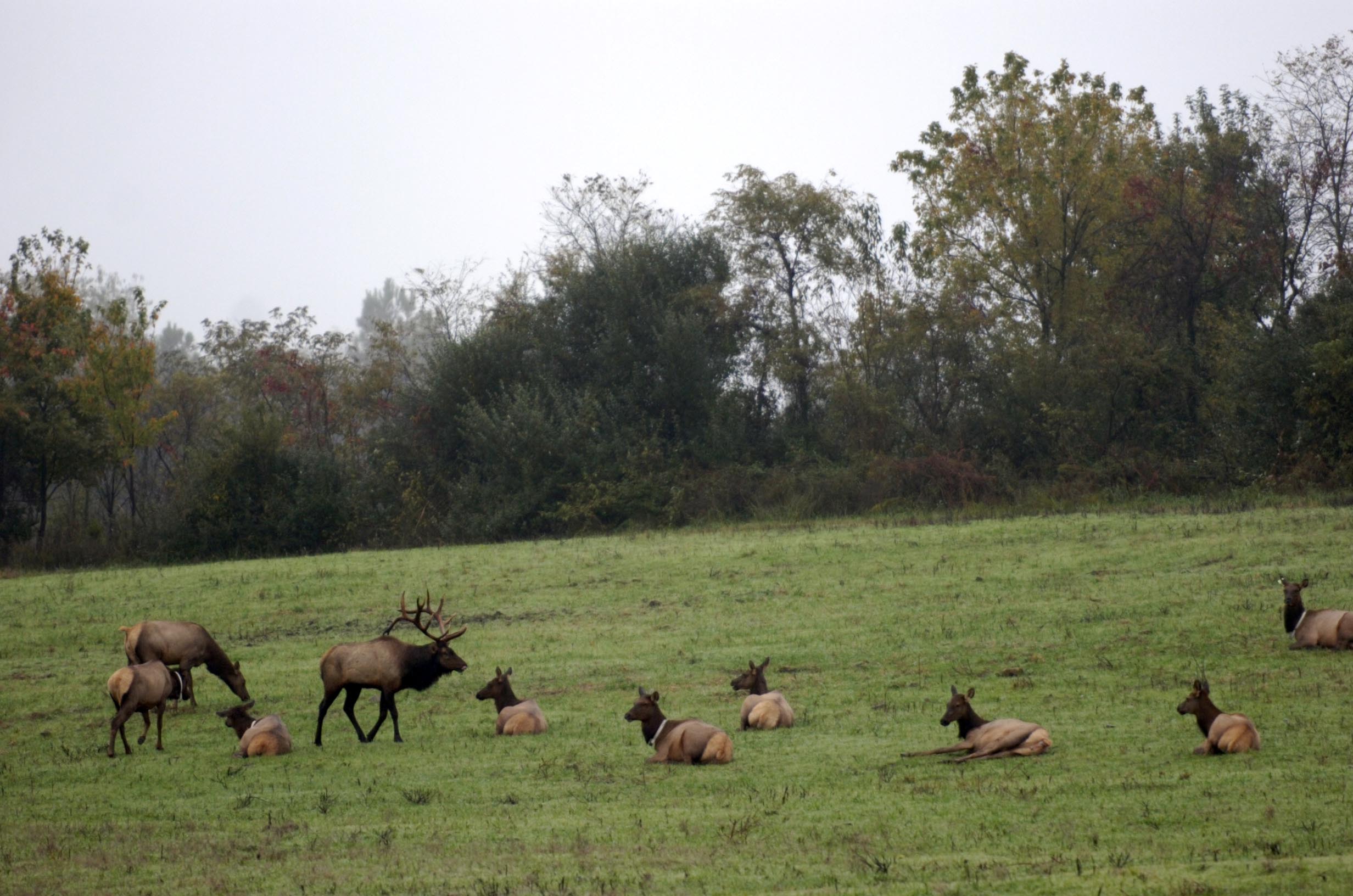GLIMPSE OF THE FUTUREFor more tips that will help you find the best things to do in the Chattanooga region, pick up a copy of Glimpse, a travel guide that will be inserted into your newspaper on Friday. Glimpse covers the hottest activities and best-kept secrets in nearly 100 cities across Tennessee, Georgia, Alabama and North Carolina and will be accessible online from TimesFreePress.com.
Many people still live close to the land in Tennessee, Georgia, Alabama and North Carolina, where hunting is as much family tradition as sport.
State programs that support conservation and wildlife management ensure hunters' paradises in all four states, whether they're looking for deer, birds or other game.
GOING FOR ELK
Thanks to efforts begun in the 1990s, Tennessee hunters have limited opportunities to take elk along with the white-tailed deer that liberally stock the state.
• The elk population reintroduced in the North Cumberland Wildlife Management Area north of Knoxville now numbers about 300 animals.
• The state is planning its fifth annual hunt in October.
• There's also a plentiful bear harvest every year, along with abundant opportunities in state and national forests and on private land to take white-tailed and red deer.
• Turkey and other game birds and small game are plentiful throughout the region.
• More info: www.tennessee.gov/twra/wildlife.html, or www.eregulations.com/tennessee
CLOSE TO HOME
Georgia's Department of Natural Resources boasts that every state resident is within an hour's travel from a hunting area.
• Georgia has nearly 100 wildlife management areas comprising 1 million acres.
• Hunters can take everything from large game such as deer and bear to small game and birds to alligators.
• The state maintains areas for hunters with disabilities.
More info: www.georgiawildlife.com or www.eregulattions.com/georgia
'BOOM' IN BAMA
Alabama has focused for years on enlarging opportunities for hunting on its wildlife management areas and Forever Wild public lands.
• Sixty-eight percent of the state's land area is timbered, and much of it is open to public hunting. Some private landowners also allow hunting.
• The U.S. Forest Service also allows hunting in some national forests, as does the U.S. Army Corps of Engineers.
• The state maintains a deer hunting trail for the physically disabled.
• The state allows hunting for deer, small game and alligators but not for bear, dove, grouse and other game birds. The state has extensive habitat and hunting areas for water birds.
• More info: www.outdooralabama.com or www.eregulattions.com/alabama
MOUNTAINS TO SHORE
North Carolina's varied geography allows for a variety of hunting opportunities.
• The state has a season for most every kind of game, from armadillo to turkey.
• Deer and bear, as well as small game such as squirrels, foxes and raccoons, abound in the western North Carolina mountains. Hunters can take coyotes, bobcats and feral hogs in certain permitted hunts.
• Wild turkeys and other game birds are found in the Uplands Center and Piedmont area of the state.
• North Carolina maintains facilities for hunters with physical disabilities.
• The state's forests and some national forests are open for hunting, as well as private lands with owners' permission.
• More info: www.ncwildlife.org/hunting.aspx
Contact staff writer Judy Walton at jwalton@timesfreepress.com or 423-757-6416.

